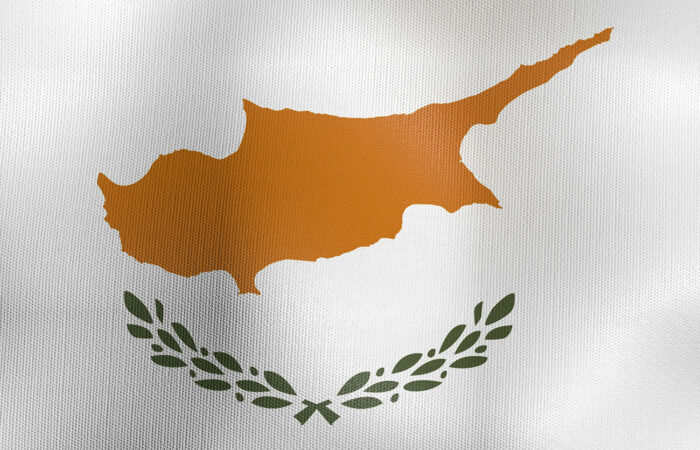Maria Demertzis*
Inflation in the euro area has declined convincingly from the very high levels seen in the past couple of years. The rate is expected to be 2.3% in 2024 – what a difference from 8.4% in 2022 and 5.6% in 2023.
But in January 2024 it was still 2.8%, so still has some way to go before dropping to 2.3%, and then to 2%, which is commonly considered to be the desirable level. In a speech in November, European Central Bank (ECB) executive board member Isabel Schnabel seemed to pre-empt this, talking about the “last mile” that, just like in endurance sports, is the hardest to push through.
But insisting on completing the “last mile” is quite the wrong narrative to follow. As the system is rigged with uncertainty and there is no way of understanding either the direction or size of risks, the ECB should talk instead about inflation tolerance – or risk introducing even greater volatility into the system.
The economy is a system of communicating vessels. If policy pursues a very precise objective on one side of the system, namely inflation at exactly 2%, it risks loading all volatility onto the other side of the system, namely growth. And the greater the uncertainty, the less sense it makes to tie one side of the economic system to precise objectives.
The question that needs to be asked then is when will the ECB feel comfortable that it has achieved its inflation objective? Having an inflation target – 2% – is helpful because it provides a focal point at which expectations can anchor. But uncertainty means that the ECB will miss the target more often than not. And the greater the level of uncertainty the more often the target will be missed. If that single number is always missed, at what point does it affect the ECB’s credibility?
Navigating in the dark
This is where introducing inflation tolerance as part of a communication strategy can prove an important instrument to navigate uncertainty. It does that because it provides some guidance regarding what ‘success’ means, in other words, when the ECB feels that the level of prevailing inflation is acceptable. It also gives a better indication of when action will be taken.
What would that mean currently? The ECB would first need to set out an inflation ‘spectrum’ or range, within which there is no need for action. For as long as inflation is between, say, 1% and 3%, the ECB would monitor but not need to act further. As inflation edges towards 3% action would be needed.
This is not new. It has been the logic of inflation targeting that many central banks have followed and continue to follow. Not the ECB though. But as uncertainty takes centre stage in policy, the ECB must now use that communication instrument. And the greater the level of uncertainty, the greater this tolerance spectrum should be. This is self-evident as this is what greater uncertainty means: greater oscillations around the point objective.
Given the spectrum central banks around the world have used in the past, a one percentage point tolerance band around a 2% target might be small for current levels of uncertainty. But then I would expect a discussion around what that band should be in order for inflation tolerance to be justified in economic terms without the inflation target losing its value as a focal point.
At the heart of the issue, there is a trade-off the ECB must acknowledge. A precise inflation target is a very informative and effective coordination device for managing expectations. But the target is almost never met. However, if an inflation band is very wide, the goal will be almost always met, but no useful signal will be provided. Finding a level of tolerance that provides information about the ECB’s thinking but acknowledges uncertainty will provide some absorption capacity in the face of frequent and sizeable shocks.
Achieving the objective of price stability is nice in theory but very difficult in practice. We must learn to live with good enough outcomes if we want to ensure that the system remains resilient.
*Maria Demertzis is a Senior fellow at Bruegel think tank, Brussels. The article was posted by Bruegel and is also posted on the blog of the Cyprus Economic Society.




